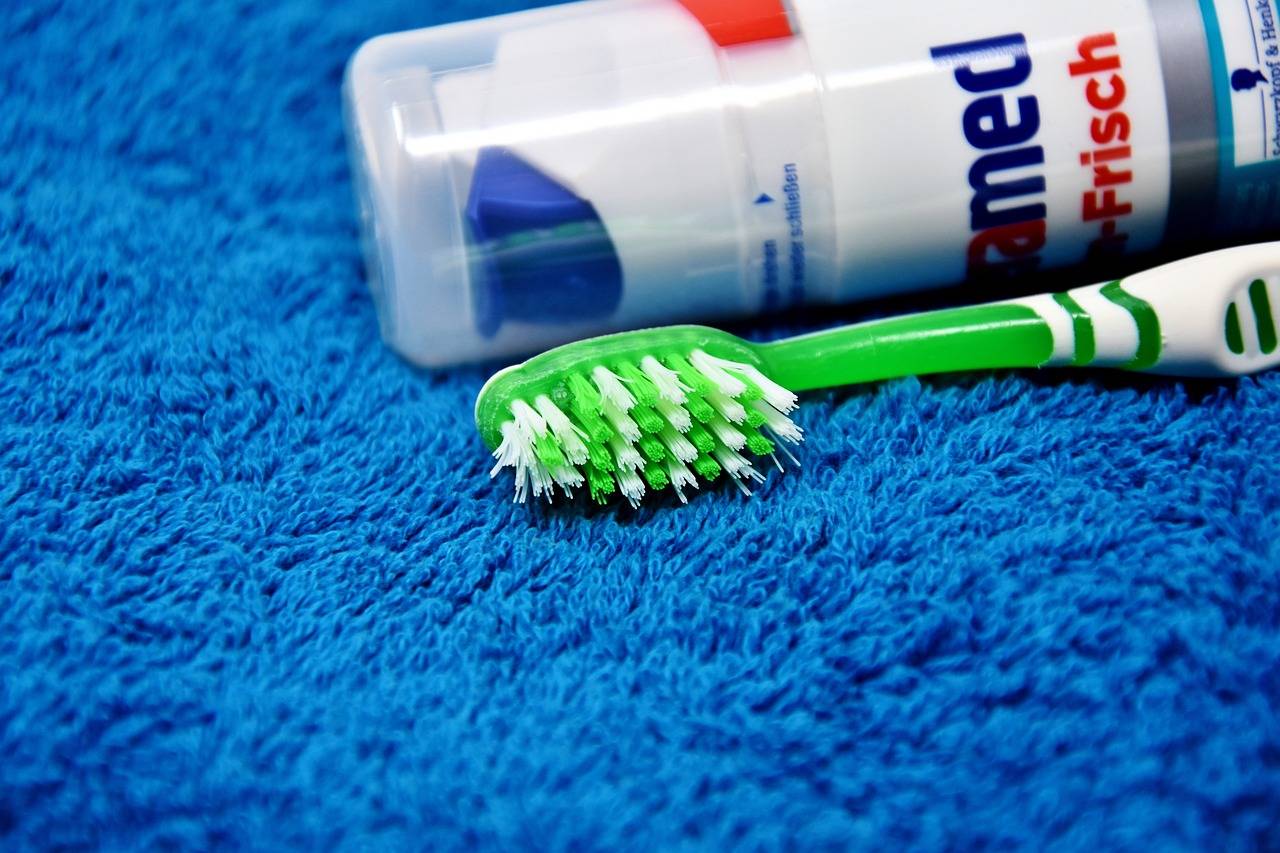The Role of Sleep in Immune Function
Lack of sleep can significantly impact our immune system’s ability to function optimally. When we don’t get enough rest, our body produces fewer cytokines, a type of protein that targets infection and inflammation. This means that with insufficient sleep, our body may struggle to effectively fight off illnesses and recover from infections.
Furthermore, during deep sleep phases, our bodies undergo processes that help strengthen our immune system. This includes the production of protective antibodies and cells that work to combat foreign invaders. Without adequate sleep, these essential immune responses may be impaired, leaving us more vulnerable to various pathogens and health issues.
The connection between sleep and inflammation
Inadequate sleep can have a direct impact on the body’s inflammatory response. When we don’t get enough sleep, our immune system can become dysregulated, leading to an increase in inflammation. This can manifest in various ways, such as heightened levels of inflammatory markers in the blood and increased susceptibility to inflammatory conditions.
Research suggests that the relationship between sleep and inflammation is bidirectional. Not only does poor sleep quality contribute to higher inflammation levels, but increased inflammation can also disrupt normal sleep patterns. This vicious cycle can create a detrimental feedback loop that compromises both the quality of our sleep and the function of our immune system.
How does lack of sleep affect inflammation in the body?
Lack of sleep can lead to increased inflammation in the body, as sleep helps regulate the immune system and reduce inflammation.
How many hours of sleep are recommended for optimal immune function?
It is recommended that adults get 7-9 hours of sleep per night for optimal immune function.
Can poor sleep habits lead to chronic inflammation?
Yes, poor sleep habits can lead to chronic inflammation, which is linked to a variety of health issues such as heart disease, diabetes, and autoimmune disorders.
How does sleep help the body fight off infection?
During sleep, the body produces cytokines which are proteins that help the immune system fight off infection and reduce inflammation.
What are some tips for improving sleep to reduce inflammation in the body?
Some tips for improving sleep to reduce inflammation include establishing a bedtime routine, creating a comfortable sleep environment, and practicing relaxation techniques such as meditation or deep breathing exercises.





